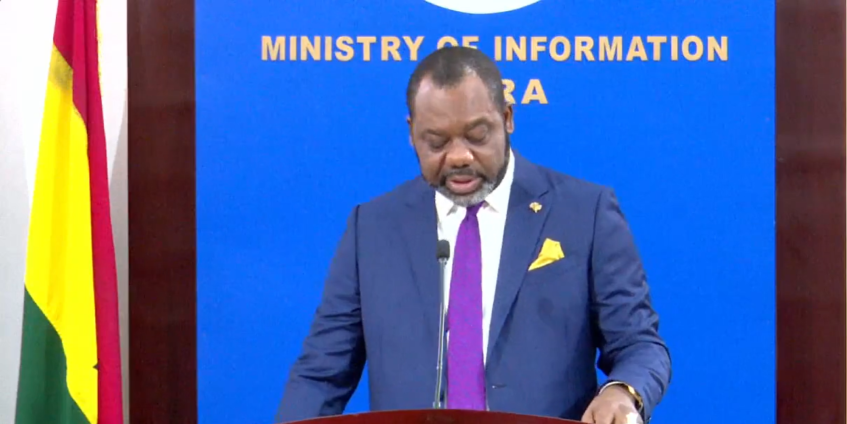Actual Energy Sector Levies collected from January 2022 to December 2022 totalled ¢6.703 billion, the 2022 Annual Energy Sector Levy Act (ESLA) Report has revealed.
The actual collection was below target by ¢578.40 million or 7.9%, mainly on account of low consumption of petroleum products and unrealised power sales.
The 2022 collections, however, recorded an increase of ¢409.43 million (6.5%) above the 2021 collections of ¢6.293 billion due to an increase in the volume of petroleum products lifted compared to the 2021 volumes.
Similarly, total lodgement into the established and other accounts under the ESLA amounted to ¢6.429 billion, out of the collections of ¢6.703 billion.
The lodgement was below collections by ¢273.71 million, representing 4.1%, on account of retention on the Road Fund and Energy Fund Levies by the Ghana Revenue Authority (GRA), unpaid invoices by Oil Marketing Companies, and the inability of the EDCs to transfer PLL and NESL collections to the Ministry of Energy.
A total of ¢5.804 billion of total levies lodged into the ESLA accounts was utilised at the end of December 2022.
The amount was utilised mainly to pay for power utility debts, effect transfer to E.S.L.A. PLC to settle coupon payments to bondholders, provide subsidy for Premix Fuel and RFO, provide funding for public lighting infrastructure and power consumed by public lighting, support road maintenance and the activities of the Energy Commission, as well as to support the National Electrification Programme.
Forecast for medium-term
A total of ¢8.076 billion is programmed to be collected in 2023 in respect of the ESLA.
The estimated collection for 2023 represents 10.9% increase in collections compared to the 2022 programmed collections of ¢7.281 billion, and 20.5% increase over the actual 2022 collections of ¢6.703 billion.
The report added that the outlook for the levies remains positive with projections showing significant growth over the medium-term.
Amounts of ¢9.644 billion, ¢11.249 billion, and ¢13.098 billion are estimated for collection in 2024, 2025, and 2026, respectively.
The Energy Sector Levies Act, 2015 (Act 899) as amended (Act 946) was passed into law in December 2015 with full implementation starting from 1st January 2016.
The Act was established to effectively manage the hard-core liabilities of Energy Sector State-Owned Enterprises (SOEs), promote investments in the sector, support our fisher folks and industries through the provision of subsidies for Premix Fuel and Residual Fuel Oil (RFO), support road maintenance and the activities of the Energy Commission, and provide funding for investments in public lighting and the National Electrification Programme, among others, without constraining the National Budget.
Latest Stories
-
Expansion Drive: Takoradi Technical University increases faculties
33 minutes -
SHS heads demand payment of outstanding funds before reopening of schools
1 hour -
We thank God for the 2024 general elections – Akufo-Addo
1 hour -
Coconut Grove Beach Resort marks 30 years of excellence with memorable 9 lessons & carols service
2 hours -
WAFU B U-17 Girls’ Cup: Black Maidens beat Nigeria on penalties to win inaugral tournament
2 hours -
Real Madrid beat Sevilla to keep pressure on leaders Atletico
3 hours -
Liverpool put six past Spurs to go four points clear
3 hours -
Manchester United lose 3-0 at home to Bournemouth yet again
3 hours -
CHAN 2024Q: ‘It’s still an open game’ – Didi on Ghana’s draw with Nigeria
4 hours -
CHAN 2024Q: Ghana’s Black Galaxies held by Nigeria in first-leg tie
5 hours -
Dr Nduom hopeful defunct GN bank will be restored under Mahama administration
5 hours -
Bridget Bonnie celebrates NDC Victory, champions hope for women and youth
5 hours -
Shamima Muslim urges youth to lead Ghana’s renewal at 18Plus4NDC anniversary
6 hours -
Akufo-Addo condemns post-election violence, blames NDC
6 hours -
DAMC, Free Food Company, to distribute 10,000 packs of food to street kids
8 hours

